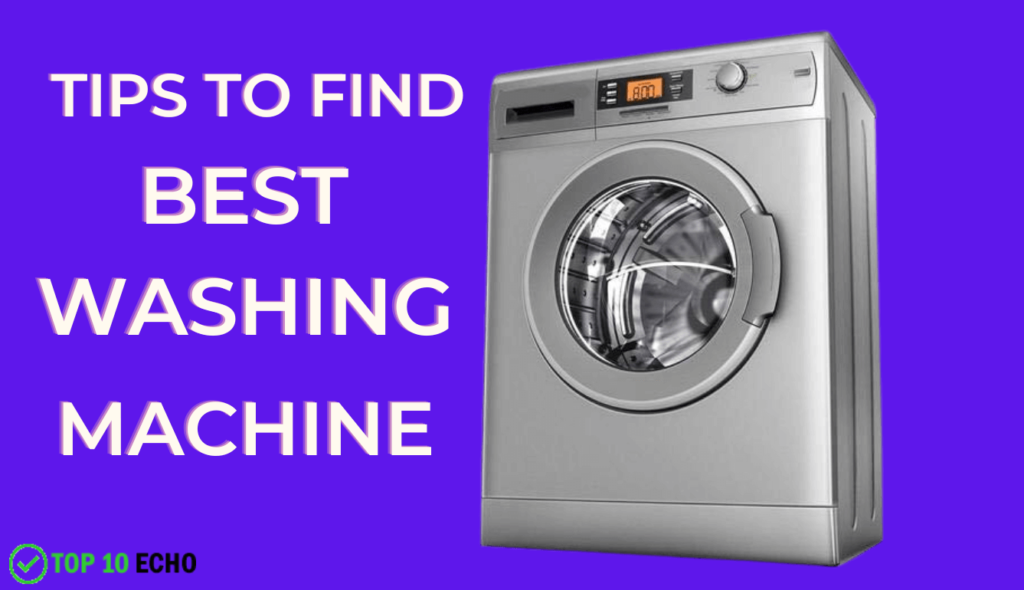There are several things you need to know before buying washing machine cleaner. It is important to clean the washing machine thoroughly to avoid mold, mildew, and bacteria. You can use a solution of vinegar or bleach and water to clean it thoroughly. You should also clean any removable parts thoroughly. Lint can get into these parts, so you should take them off and clean them thoroughly. You should also remove the soap dispenser, fabric softener, and bleach dispenser before cleaning.
Sodium percarbonate
Sodium percarbonate is a general cleaning agent that can be used in a best washing machine to help whiten clothes and remove stains. It is a good alternative to commercial chemicals. Simply mix 60g of the solution with five litres of warm water overnight. It should not be used in cold water as it will not dissolve properly.
It is easy to use and can be found in powder form. It is cheap and very concentrated, making it an ideal laundry booster. It is also less likely to spill than liquid peroxide, making it safer to work with. Be sure to mix the powder with water before using it to prevent the peroxide from damaging the washer.
Baking soda
If you want to keep your washing machine clean and free from bacteria, baking soda is an excellent solution. It works as a scrubber inside the machine and removes bad odours and smells. It is also helpful in cleaning the detergent drawer. The detergent drawer is where bacteria and germs thrive and needs to be cleaned regularly. It can be cleaned with a toothbrush or small cleaning brush.
Baking soda will brighten your clothes without the risk of bleaching them. It also helps regulate the pH level of the water, so your clothes won’t be exposed to unsuitable water. You can also use it to create a natural fabric softener.
Vinegar
Vinegar is a natural washing machine cleaner, and can be used to remove buildup and disinfect a washing machine. To use it as a cleaning agent, add three to four cups of vinegar to your washing machine’s bleach compartment. You should then let it sit for about an hour. It is also useful for cleaning dispensers, gaskets, and the exterior of your machine.
The vinegar is effective at removing mineral buildup and soap scum from your washing machine’s interior parts. It can also soften residue, which will make your clothes smell fresher. Repeat the process if your washing machine gets really dirty.
Bleach
Adding bleach to the washing machine cleaner is a great way to remove stubborn stains. It also works great for eliminating germs. Typically, two cups of bleach should be added to the detergent tray. You should wait for one hour before doing any laundry. After that, use the rinse cycle to remove any residual residue.
Adding bleach to the washing machine is easy. You can either add it directly to the basket, or pour a small amount into the washer’s dispenser. Bleach is effective at removing stains, but it can be harmful to your clothes if it lands on the floor. It is also important to make sure you use a face mask and gloves when using bleach to clean your washing machine.
Vinegar and baking soda
Cleaning your washing machine with vinegar and baking soda can be a great way to reduce mildew odors. Because vinegar is mildly acidic, it can break down residue buildup and neutralize foul odors. It can also brighten whites and soften fabrics. What’s more, it’s eco-friendly.
Vinegar and baking soda are both inexpensive and easy to find in any grocery store or pantry. Just mix them together and pour into the washing machine’s drum. This will lift the clothes up and help them get clean.
Non-chlorinated bleach
Non-chlorinated bleach is a safe alternative to chlorine bleach. It is a powerful chemical that can whiten and disinfect your laundry. This type of cleaning product is safe to use on a variety of fabrics and can also clean your home. It is a great alternative to using chlorine bleach on colored clothes because it will not leave stains.
When using non-chlorine bleach, make sure to dilute it with water to avoid damaging fabric. You can use one-half cup per five gallons of water to clean one load of laundry. You can also add a bit of vinegar to the load to add color brightening power.
